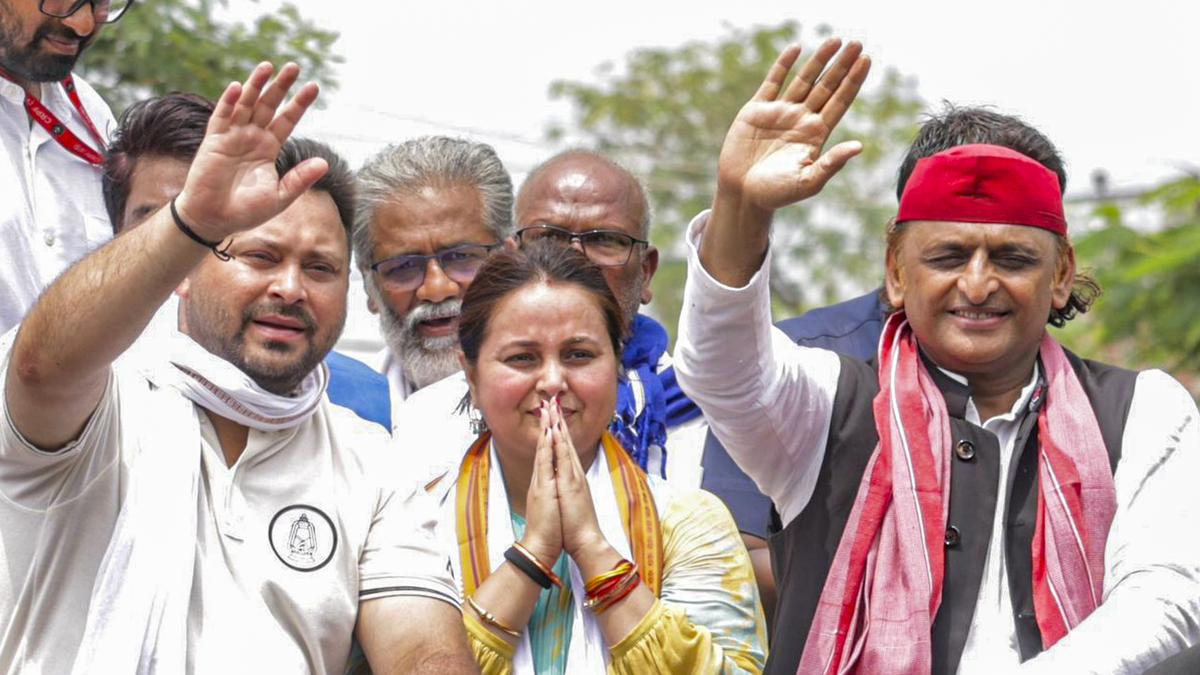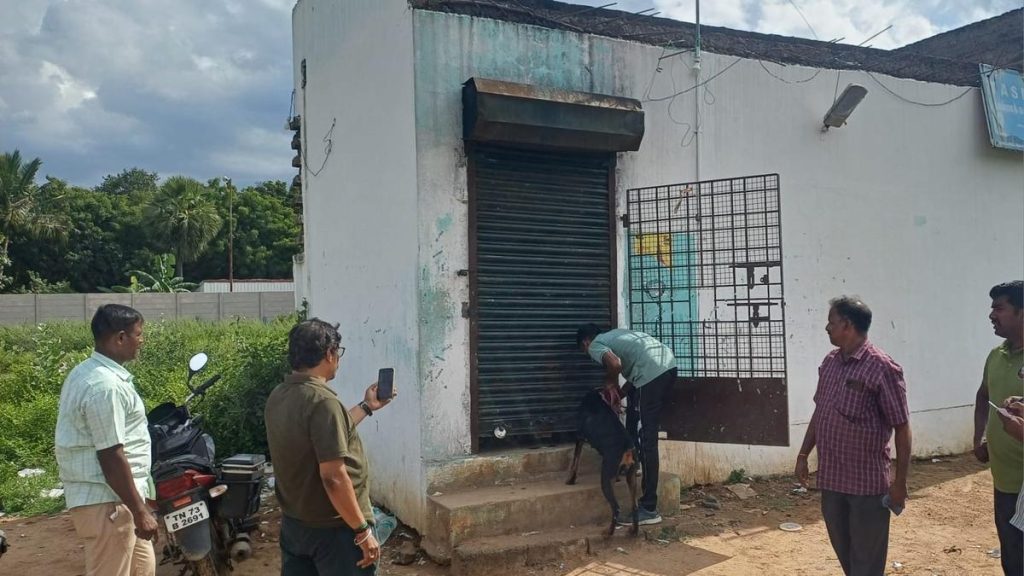Now Reading: Daughter Sparks New Rift in Lalu Family Before Bihar Polls
-
01
Daughter Sparks New Rift in Lalu Family Before Bihar Polls
Daughter Sparks New Rift in Lalu Family Before Bihar Polls

Quick Summary
- Rashtriya Janata Dal (RJD) leader Lalu Prasad’s daughter, Rohini Acharya, shared a cryptic social media post that appears to highlight a brewing internal conflict in the family adn party ahead of the Bihar assembly elections.
- Reportedly, Ms. Acharya is unhappy with the growing influence of Sanjay Yadav, political advisor to Tejashwi Yadav, Lalu Prasad’s son and former Deputy Chief Minister.
- The controversy began with Ms. Acharya sharing a viral photo questioning why Mr. Sanjay occupied a front seat on the ‘Bihar Adhikar Yatra’ bus.She later clarified her socio-economic justice stance through othre posts on X (formerly Twitter).
- On September 19, she reflected on her kidney donation for her father in 2022 and reiterated her priorities of self-respect over political ambitions.
- On September 20,Ms. Acharya unfollowed top RJD leaders on X, fueling speculations about rifts within the family.
- Rumors suggested she wanted an Assembly ticket after losing in the 2024 Lok Sabha elections from Saran; though, Ms. Acharya clarified multiple times that she has no political aspirations or rivalries within the family or party.
- In May this year, Tej Pratap Yadav criticized Sanjay Yadav as “jaichand” after being expelled from RJD for six years.
Indian Opinion Analysis
The unfolding tensions among members of Lalu Prasad’s family come at an critically important juncture for Bihar politics ahead of Assembly elections. while Rohini Acharya has denied having any political ambitions or grievances regarding candidate selection processes within Rashtriya Janata Dal (RJD), her actions-including controversial social media posts and unfollowing prominent RJD leaders-suggest underlying stress within both familial and party dynamics.
Internal discord in high-profile families like Lalu Prasad’s could have broader implications for public perception and organizational cohesion during election campaigns.This situation also highlights how modern tools like social media intensify intra-party disputes by making them instantly visible to supporters and opponents alike.
it is worth noting that these developments may serve as markers for larger structural challenges faced by regional parties navigating generational transitions while retaining grassroots focus amidst shifting socio-political landscapes.























